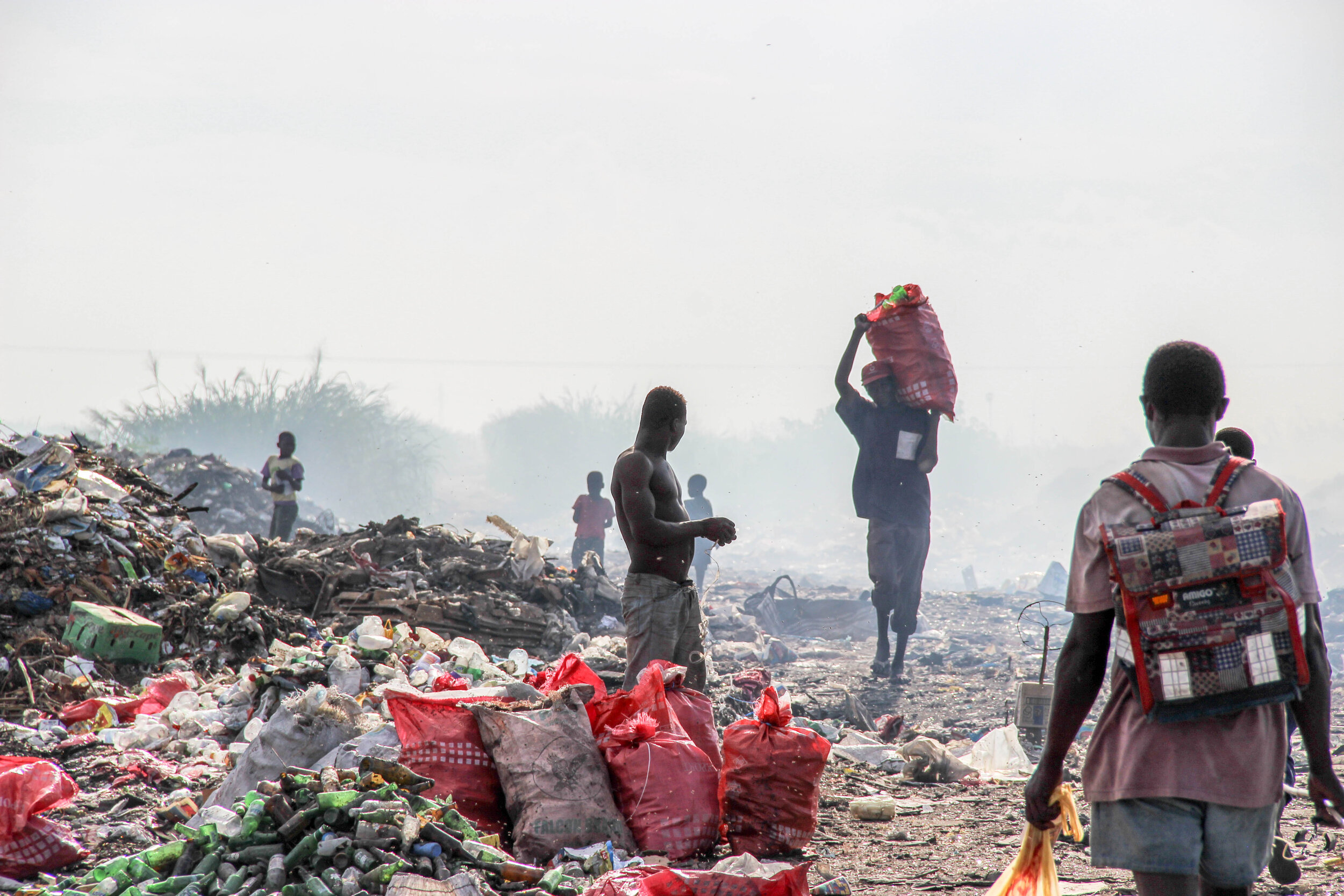
Waste management quelimane
Analyzing the waste management in quelimane
Students Sara Gustafsson and Linnea Ahlgren conducted a pre-study in 2015 in collaboration with Project Vita and the municipality of Quelimane in Mozambique. The study, completed as part of an EcoCity development, sought to define and evaluate an alternative to improve the municipal solid waste (MSW) management in Quelimane, with a focus on converting waste to energy. Sara and Linnea studied the waste management in other regions to determine how the research could be used to improve waste management in Quelimane. They presented SWOT analyses based on their studies of the challenges, opportunities, and benefits of MSW in Quelimane.
The lack of energy solutions is a significant challenge in Mozambique and many other regions in Africa. Sara and Linnea concluded that organic waste had the most potential for energy generation and that the suitable method would be anaerobic digestion. This process generates biogas, which can be used in a variety of ways, including cooking fuel.
Potential for organic waste
Sophie Rudén and Matilda Stendahl, students from the Energy and Sustainable Development engineering program at the Royal Institute of Technology in Stockholm, participated in a field study in Quelimane in 2016 under Project Vita’s guidance. The field study, which was part of the Minor Field Study programme by the Swedish International Cooperation Agency, served as the basis of their bachelor thesis, The Potential for Urban Anaerobic Digestion in Quelimane: A Model and Feasibility Assessment of a Small-Scale System Implementation. The study built on an earlier study conducted by Sara Gustafsson and Linnea Ahlgren in 2015.
Sophie and Matilda found that the waste management system for a large population was handled by a small number of people. They interviewed and shadowed some of the people managing the waste to get a better understanding of the amount of waste generated in the region and the working environment of the employees managing the waste. They learned that most of the waste was organic, which can be managed through anaerobic digestion. The digestion process creates biogas, which can be used as cooking fuel to replace firewood. Indoor air pollution from cooking with firewood and limited ventilation is a severe problem in low-income countries.
The students proposed suitable locations to build anaerobic digesters for their pilot studies, including a school and a plantation run by the municipality. One idea was to use the waste from the local market since organic materials create the biogas. The pilot experiments could serve as a means to spread knowledge about the technology and for scaling up. The students found that success of the system would depend heavily on social and cultural awareness.


